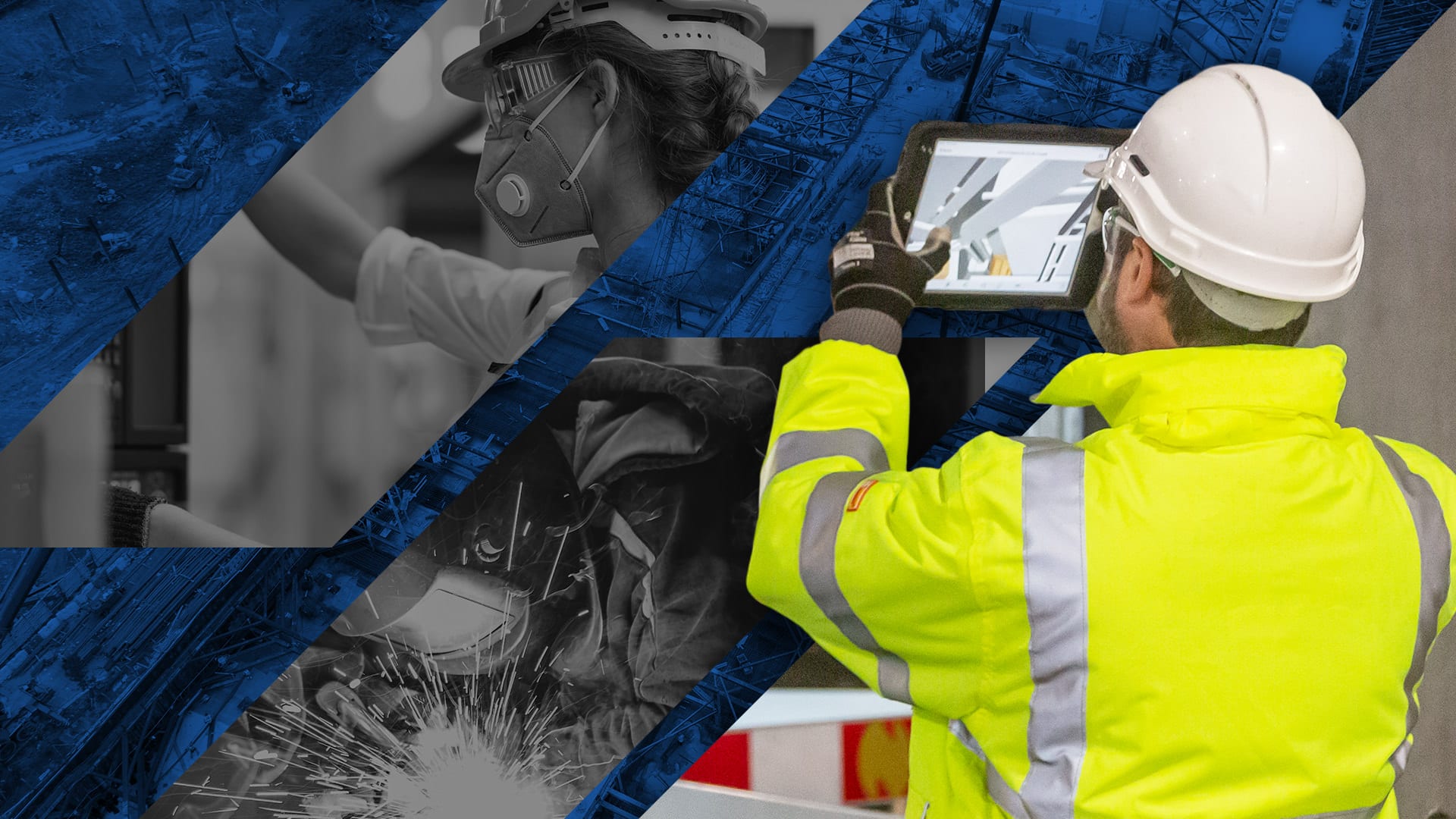
As we slowly emerge from an unprecedented period of uncertainty and change - due to the global pandemic - the focus of the UK government has shifted to economic recovery. And key to their recovery strategy is resetting the construction industry.
The sector is viewed as vital to the UK’s revival for two main reasons - the unprecedented demand for social infrastructure projects and the high levels of employment that accompany the fulfilment of those projects.
In the second instalment of our three-part blog series, we’ll explore the UK’s Construction Leadership Council’s (CLC) COVID-19 task force plans, which outline a post-COVID revival of the sector. Read more on our top two takeaways from the CLC’s three-pronged plan – restart, reset and reinvention – and how construction companies can begin to prepare.
In the first instalment of our blog series, we discussed the restart phase of the CLC’s plans which focused on increasing output and minimising disruption to current construction sites. The second phase – referred to as the reset phase, looks at how construction companies can increase productivity by working more collaboratively with the supply chain. The reset phase also calls on the government to do more for construction firms. They’re calling for public bodies to accelerate businesses cases for infrastructure projects and urge them to publish their revised pipelines of work which will help firms manage the demand for their services better.
To compensate for the loss in productivity experienced during the pandemic, firms will need to look at how they can integrate new technologies into projects and programmes. The Office of National Statistics in the UK has reported construction activity fell by 2.6% overall in Q1 2020, and by 5.9% in March. The Construction Products Association estimates that construction output will shrink by 25% in total in 2020. Similar to the restart phase, construction companies will need to turn their attention to harnessing technology to support productivity.
The CLC state that construction firms need to also focus on supporting the delivery of better quality and more substantiable developments. To do this successfully, it’s imperative they look at ways to maximise their ability to share information and data in the entire construction lifecycle.
It's widely agreed that connecting data, people and technology is one of the key enablers to improving productivity and performance across the sector. Disconnected data and lack of collaboration often leads to costly rework, delays, and waste. Connecting construction data from design development right through to handover will also help improve the performance of an asset in the long term. So why are so many construction companies still so behind on their digital transformation journey? Read more on how to improve the quality of construction data in our 5 Attributes of High Quality Construction Data blog post here.
Incentivising all firms involved in a project to deliver the required scheme outcomes within a set scheme budget will help encourage more collaborative working across the supply chain as well as pushing new ways of thinking. Thisencourages all those involved in the entire asset lifecycle to find new and innovative solutions. Working as more integrated project teams will mean the optimal solution to on site issues will need to be developed and set early on the project, which in turn will maximise efficiencies.
Investing in training and collaboration means construction workers can learn more skills across disciplines and gain a greater understanding of the end-to-end project lifecycle. In turn, this will support and enhance knowledge sharing and provide career opportunities for those working in the sector.
It’s evident that there is no easy or one-size fits all way out of this crisis but transforming business models in our industry is a potential alternative. In fact, in June we discussed this in more detail in this blog post – Why Crisis Could Be the Catalyst to Construction Business Model Transformation. It’s also worth checking out Olivier Lepinoy’s virtual session from the Autodesk University 2020 which can be found in the Industry Talk section? It is called “New Business Models and Business Model Transformation in Construction 4.0” (#CS464709).

May we collect and use your data?
Learn more about the Third Party Services we use and our Privacy Statement.May we collect and use your data to tailor your experience?
Explore the benefits of a customized experience by managing your privacy settings for this site or visit our Privacy Statement to learn more about your options.